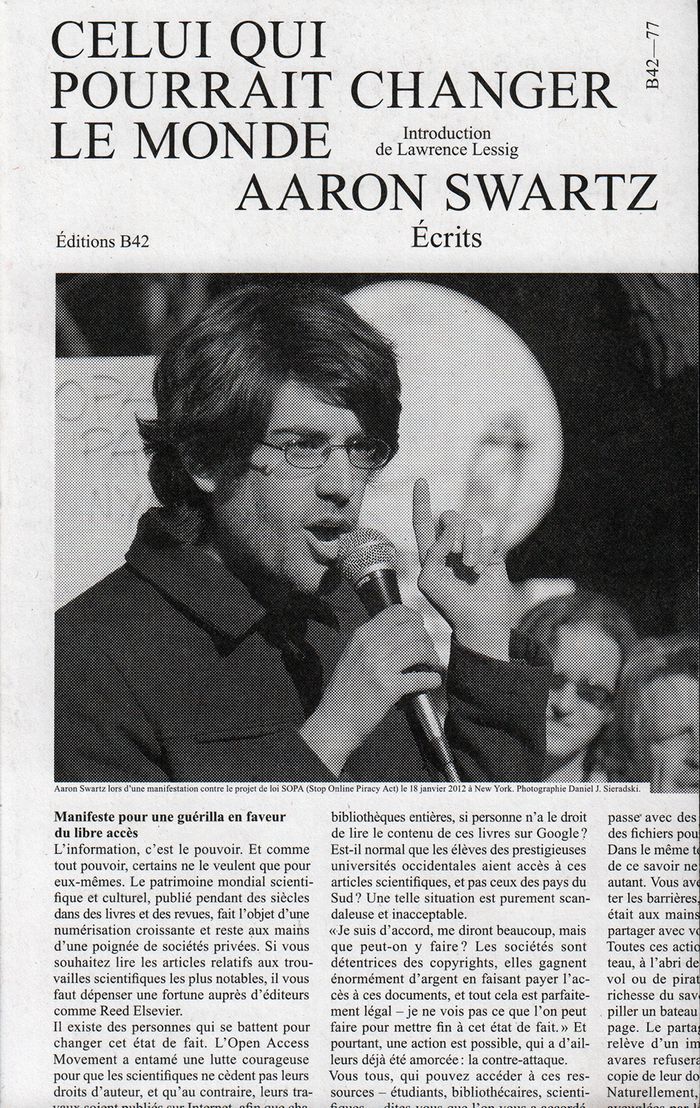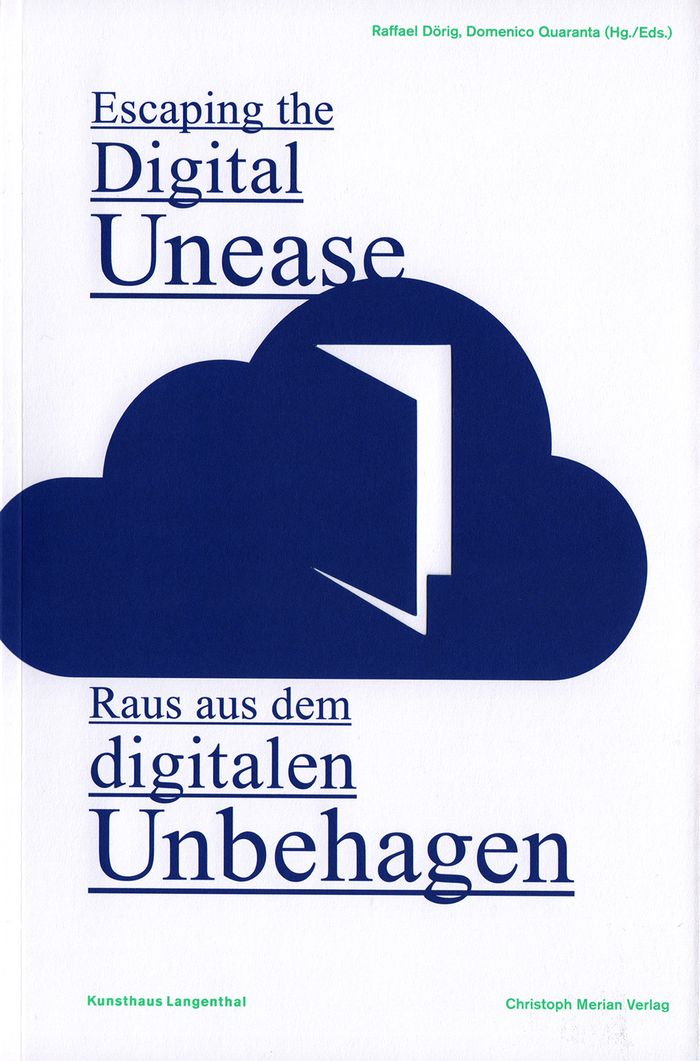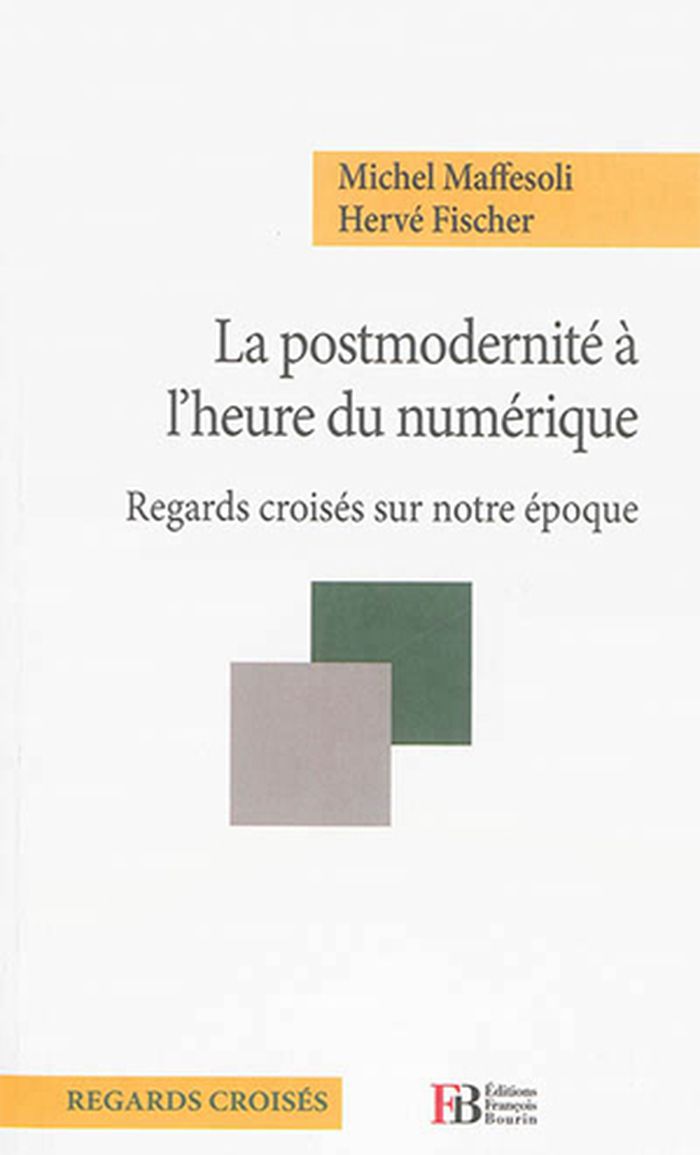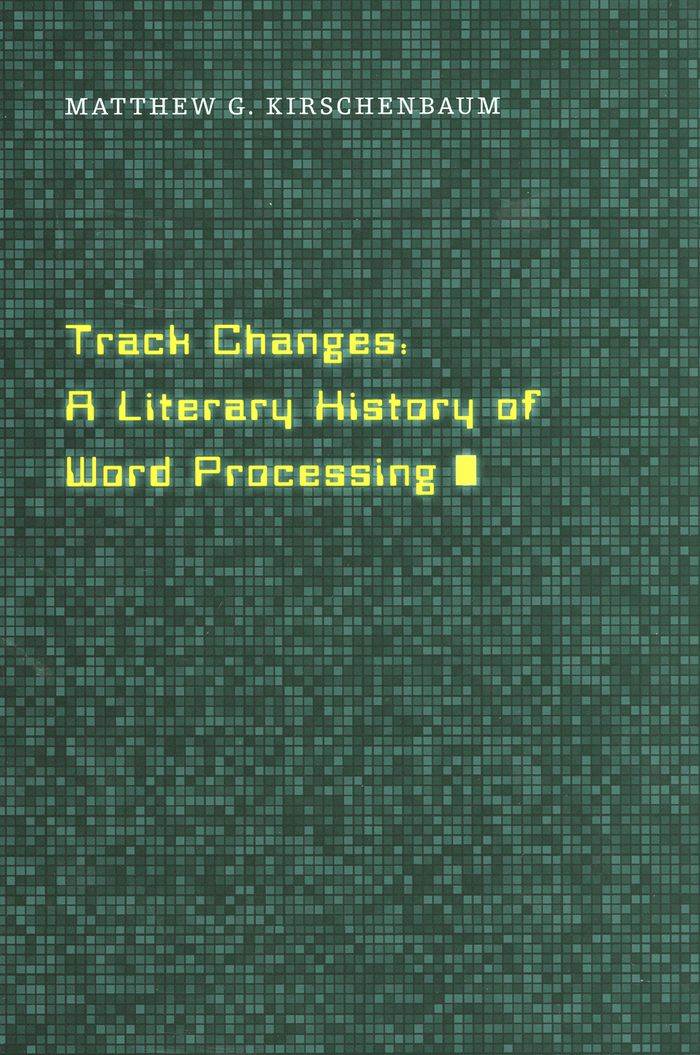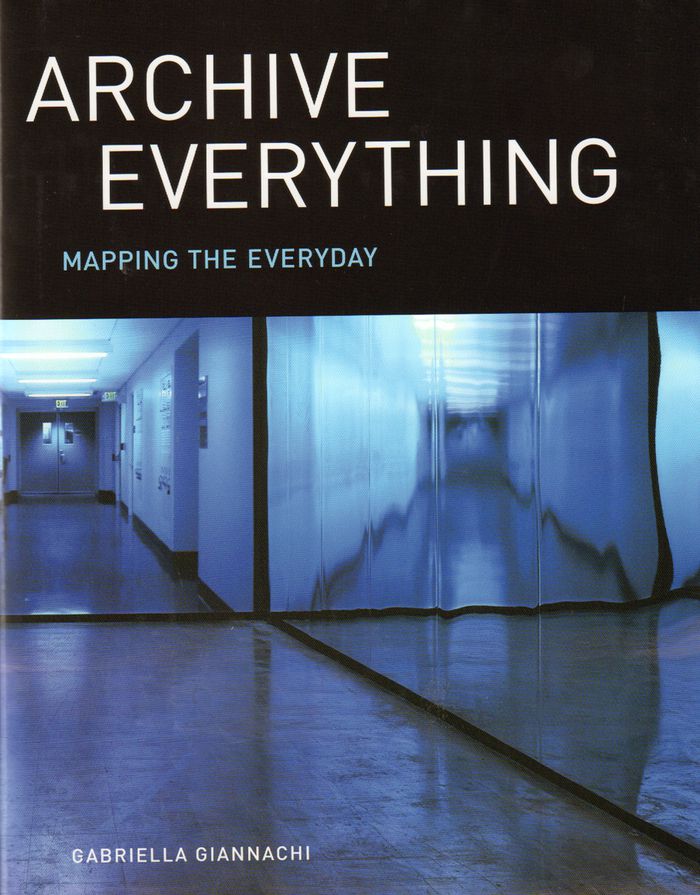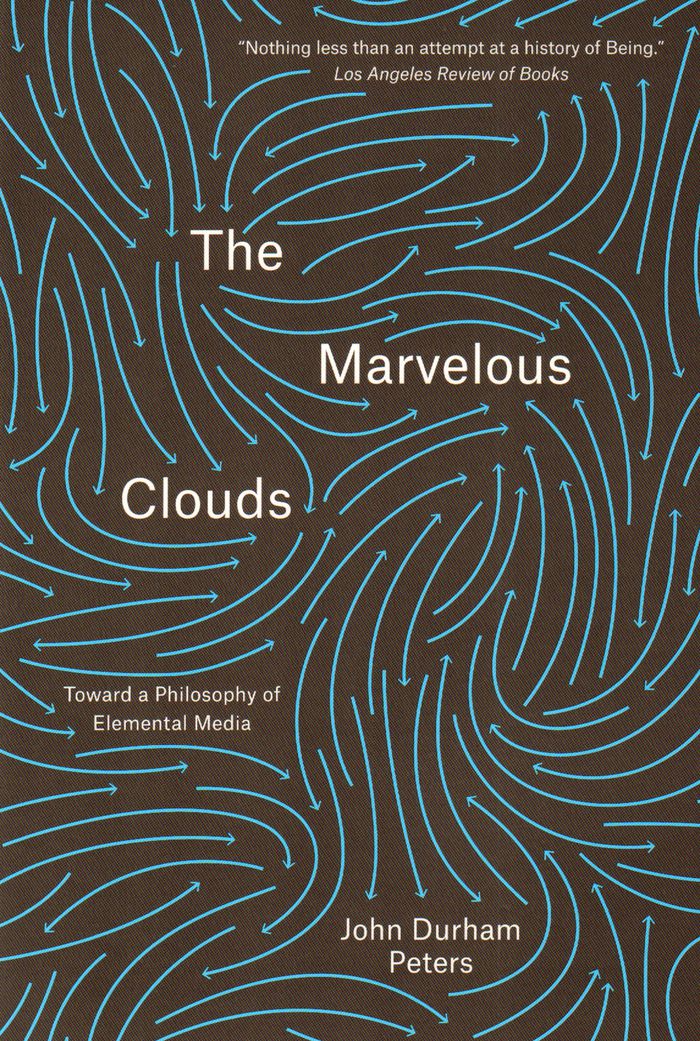livres
$31.95
(disponible sur commande)
Résumé:
L'architecture, son évolution comme sa connaissance, dépend en grande partie de la circulation et de la transmission dans l'espace et le temps d'une accumulation d'expériences, de règles ou de modèles. Voilà pourquoi ce livre examine les moyens de communication utilisés par les architectes occidentaux, de Vitruve à l'époque moderne, en montrant comment chaque média influe(...)
L'architecture à l'âge de l'imprimerie
Actions:
Prix:
$31.95
(disponible sur commande)
Résumé:
L'architecture, son évolution comme sa connaissance, dépend en grande partie de la circulation et de la transmission dans l'espace et le temps d'une accumulation d'expériences, de règles ou de modèles. Voilà pourquoi ce livre examine les moyens de communication utilisés par les architectes occidentaux, de Vitruve à l'époque moderne, en montrant comment chaque média influe sur les formes spécifiques de la pensée architecturale et sur les modalités de la diffusion des savoirs.
livres
avril 2009, Paris
$42.95
(disponible sur commande)
Résumé:
Aaron Swartz était programmeur informatique, essayiste, organisateur politique, et hacker-activiste américain. Adolescent, il était déjà un libre penseur, un programmeur, un écrivain et un militant profondément engagé en faveur de l’accès libre et gratuit à l’information contribuant au bien du public. Élevé dans la banlieue riche de Chicago, il atteint la majorité alors(...)
avril 2017
Celui qui pourrait changer le monde : écrits
Actions:
Prix:
$42.95
(disponible sur commande)
Résumé:
Aaron Swartz était programmeur informatique, essayiste, organisateur politique, et hacker-activiste américain. Adolescent, il était déjà un libre penseur, un programmeur, un écrivain et un militant profondément engagé en faveur de l’accès libre et gratuit à l’information contribuant au bien du public. Élevé dans la banlieue riche de Chicago, il atteint la majorité alors que la bataille relative au téléchargement illégal de musique bat son plein. Il devancera à cette occasion grand nombre des questions encore débattues aujourd’hui. Harcelé par le FBI suite au procès attenté à son égard, Aaron Swartz connaît une fin tragique en mettant fin à ses jours à l’âge de 26 ans alors qu’il faisait face à l’opposition entre son idéal de « free culture » et les lois relatives à la propriété intellectuelle aux États-Unis. Étant donné la terrible brièveté de son audacieuse vie intellectuelle "Celui qui pourrait changer le monde" est une remarquable et substantielle collection de ses écrits (articles, essais, conférences), qui soulignent la pluralité des intérêts du jeune homme, de son amour pour le code, à son idéal d’un monde collaboratif et virtuel. On y découvre un personnage curieux de tout, drôle, brillant, radical et visionnaire, mais aussi plein d’autodérision. Le livre est divisé en six chapitres, suivant ses centres d’intérêts : la culture libre, tout d’abord, les ordinateurs, la politique, les media, les livres et la culture et enfin l’éducation. Ses différents combats (pour la culture libre notamment, qui se politisèrent à la fin de sa vie) sont enracinés dans la croyance qu’accéder à la connaissance et la possibilité de l’utiliser constitue le meilleur moyen d’empowerment et de justice. L’activisme multi-facette de Swartz inclue l’orchestration de pétitions massives en ligne contre les lois relatives au droit d’auteur et la lutte contre le piratage. Swartz a également écrit avec passion sur les livres (Kafka et David Foster font partis de ses favoris), les magazines, les films, la musique et l’éducation.
In the swarm
$18.95
(disponible sur commande)
Résumé:
Digital communication and social media have taken over our lives. In this contrarian reflection on digitized life, Byung-Chul Han counters the cheerleaders for Twitter revolutions and Facebook activism by arguing that digital communication is in fact responsible for the disintegration of community and public space and is slowly eroding any possibility for real political(...)
In the swarm
Actions:
Prix:
$18.95
(disponible sur commande)
Résumé:
Digital communication and social media have taken over our lives. In this contrarian reflection on digitized life, Byung-Chul Han counters the cheerleaders for Twitter revolutions and Facebook activism by arguing that digital communication is in fact responsible for the disintegration of community and public space and is slowly eroding any possibility for real political action and meaningful political discourse. In the predigital, analog era, by the time an angry letter to the editor had been composed, mailed, and received, the immediate agitation had passed. Today, digital communication enables instantaneous, impulsive reaction, meant to express and stir up outrage on the spot. “The shitstorm,” writes Han, ”represents an authentic phenomenon of digital communication.” Meanwhile, the public, the senders and receivers of these communications have become a digital swarm—not a mass, or a crowd, or Negri and Hardt’s antiquated notion of a “multitude,” but a set of isolated individuals incapable of forming a “we,” incapable of calling dominant power relations into question, incapable of formulating a future because of an obsession with the present. The digital swarm is a fragmented entity that can focus on individual persons only in order to make them an object of scandal. Han, one of the most widely read philosophers in Europe today, describes a society in which information has overrun thought, in which the same algorithms are employed by Facebook, the stock market, and the intelligence services. Democracy is under threat because digital communication has made freedom and control indistinguishable. Big Brother has been succeeded by Big Data.
Escaping the digital unease
$48.95
(disponible sur commande)
Résumé:
Constant activity in digital and analogue spaces leaves behind an increasingly diffuse feeling of unease, irrespective of how commonplace that activity may be. Meantime however, the marketing of social relations, the dissolution of the private sphere, and the dominance of commercial actors are being perceived as a problem that demands an active interdisciplinary(...)
Escaping the digital unease
Actions:
Prix:
$48.95
(disponible sur commande)
Résumé:
Constant activity in digital and analogue spaces leaves behind an increasingly diffuse feeling of unease, irrespective of how commonplace that activity may be. Meantime however, the marketing of social relations, the dissolution of the private sphere, and the dominance of commercial actors are being perceived as a problem that demands an active interdisciplinary discourse. Media scientists and artists reflect here on that unease and present perspectives on and ways out of the excessive demands on users by way of the most recent research and artistic experiments. This book brings together essays and provides insight into the international group exhibition featuring works by Olia Lialina, Christoph Wachter & Mathias Jud, and Benjamin Grosser, among others.
$37.95
(disponible sur commande)
Résumé:
Les deux intellectuels débattent de leur vision du numérique et de ses impacts positifs ou négatifs sur le monde à venir. Si pour M. Maffesoli, les nouvelles technologies ne constituent qu'une étape dans la structuration de la société, elles représentent l'avenir de l'homme aux yeux de l'artiste et philosophe canadien H. Fischer.
avril 2016
La postmodernité à l'heure du numérique : regards croisés sur notre époque
Actions:
Prix:
$37.95
(disponible sur commande)
Résumé:
Les deux intellectuels débattent de leur vision du numérique et de ses impacts positifs ou négatifs sur le monde à venir. Si pour M. Maffesoli, les nouvelles technologies ne constituent qu'une étape dans la structuration de la société, elles représentent l'avenir de l'homme aux yeux de l'artiste et philosophe canadien H. Fischer.
$34.00
(disponible sur commande)
Résumé:
'Track Changes' balances the stories of individual writers with a consideration of how the seemingly ineffable act of writing is always grounded in particular instruments and media, from quills to keyboards. Along the way, we discover the candidates for the first novel written on a word processor, explore the surprisingly varied reasons why writers of both popular and(...)
Track changes: a literary history of word processing
Actions:
Prix:
$34.00
(disponible sur commande)
Résumé:
'Track Changes' balances the stories of individual writers with a consideration of how the seemingly ineffable act of writing is always grounded in particular instruments and media, from quills to keyboards. Along the way, we discover the candidates for the first novel written on a word processor, explore the surprisingly varied reasons why writers of both popular and serious literature adopted the technology, trace the spread of new metaphors and ideas from word processing in fiction and poetry, and consider the fate of literary scholarship and memory in an era when the final remnants of authorship may consist of folders on a hard drive or documents in the cloud.
$57.95
(disponible en magasin)
Résumé:
In this publication, Gabriella Giannachi traces the evolution of the archive into the apparatus through which we map the everyday. The archive, traditionally a body of documents or a site for the preservation of documents, changed over the centuries to encompass, often concurrently, a broad but interrelated number of practices not traditionally considered as archival.(...)
Archive everything: mapping the everyday
Actions:
Prix:
$57.95
(disponible en magasin)
Résumé:
In this publication, Gabriella Giannachi traces the evolution of the archive into the apparatus through which we map the everyday. The archive, traditionally a body of documents or a site for the preservation of documents, changed over the centuries to encompass, often concurrently, a broad but interrelated number of practices not traditionally considered as archival. Archives now consist of not only documents and sites but also artworks, installations, museums, social media platforms, and mediated and mixed reality environments. Giannachi tracks the evolution of these diverse archival practices across the centuries.
$28.00
(disponible sur commande)
Résumé:
When we speak of clouds these days, it is as likely that we mean data clouds or network clouds as cumulus or stratus. In their sharing of the term, both kinds of clouds reveal an essential truth: that the natural world and the technological world are not so distinct. In The Marvelous Clouds, John Durham Peters argues that though we often think of media as environments,(...)
The marvelous clouds: toward a philosophy of elemental media
Actions:
Prix:
$28.00
(disponible sur commande)
Résumé:
When we speak of clouds these days, it is as likely that we mean data clouds or network clouds as cumulus or stratus. In their sharing of the term, both kinds of clouds reveal an essential truth: that the natural world and the technological world are not so distinct. In The Marvelous Clouds, John Durham Peters argues that though we often think of media as environments, the reverse is just as true—environments are media.
$34.50
(disponible sur commande)
Résumé:
Archives are collections of records that are preserved for historical, cultural and evidentiary purposes. As such, archives are considered as sites of a past, places that contain traces of a collective memory of a nation, a people or a group. Digital archives have changed from stable entities into flexible systems, at times referred to with the term ‘Living Archives’. In(...)
Lost and living (in) archives collectively shaping new memories
Actions:
Prix:
$34.50
(disponible sur commande)
Résumé:
Archives are collections of records that are preserved for historical, cultural and evidentiary purposes. As such, archives are considered as sites of a past, places that contain traces of a collective memory of a nation, a people or a group. Digital archives have changed from stable entities into flexible systems, at times referred to with the term ‘Living Archives’. In which ways has this change affected our relationship to the past? Will the erased, forgotten and neglected be redeemed, and new memories be allowed? Will the fictional versus factual mode of archiving offer the democracy that the public domain implies, or is it another way for public instruments of power to operate? Lost and Living (in) Archives shows that archives are not simply a recording, a reflection, or an image of an event, but that THEY shape the event itself and thus influence the past, present and future.
$54.95
(disponible en magasin)
Résumé:
Libraries have existed for millennia, but today the library field is searching for solid footing in an increasingly fragmented (and increasingly digital) information environment. What is librarianship when it is unmoored from cataloging, books, buildings, and committees? In "The Atlas of New Librarianship", R. David Lankes offers a guide to this new landscape for(...)
The atlas of new librarianship
Actions:
Prix:
$54.95
(disponible en magasin)
Résumé:
Libraries have existed for millennia, but today the library field is searching for solid footing in an increasingly fragmented (and increasingly digital) information environment. What is librarianship when it is unmoored from cataloging, books, buildings, and committees? In "The Atlas of New Librarianship", R. David Lankes offers a guide to this new landscape for practitioners. He describes a new librarianship based not on books and artifacts but on knowledge and learning; and he suggests a new mission for librarians: to improve society through facilitating knowledge creation in their communities. The vision for a new librarianship must go beyond finding library-related uses for information technology and the Internet; it must provide a durable foundation for the field. Lankes recasts librarianship and library practice using the fundamental concept that knowledge is created though conversation. New librarians approach their work as facilitators of conversation; they seek to enrich, capture, store, and disseminate the conversations of their communities.
